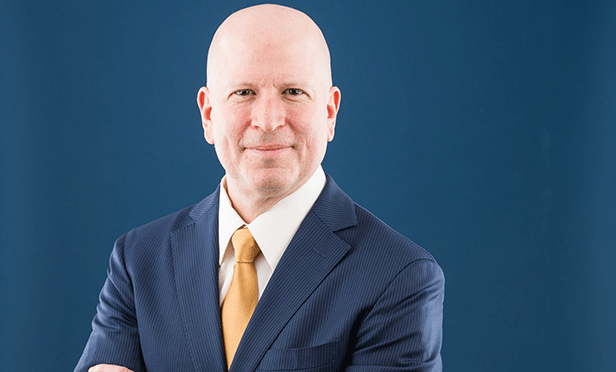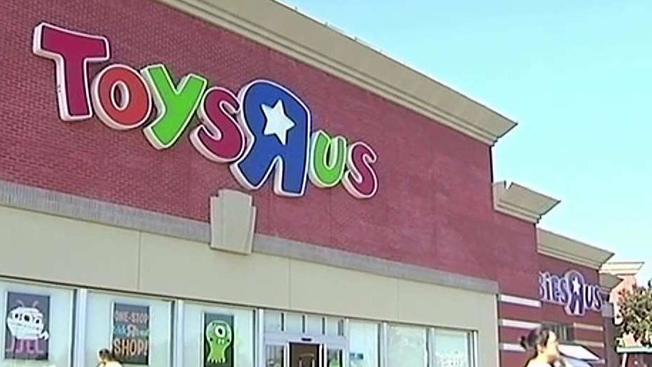CHICAGO-Just 18 months ago, Douglas Entrance was among South Florida’s top distressed properties. Now, the property is financially healthy again.
Based in Coral Gables, Douglas Entrance, a five-building class campus that includes a mix of modern high-rise towards, street-level retail, boutique office suites and meeting spaces, is current on its $102.5 million loan and looking ahead to brighter days.
GlobeSt.com caught up with Ronald Miles, managing director at Pearlmark Real Estate Partners, the owner of Douglas Entrance, to discuss how the developer weathered the economic storm and the lessons he learned in the process.
GlobeSt.com: What were the toughest financial challenges facing owners the past several years?
Miles: Access to capital was the most challenging aspect for owners. It became clear there was a seismic shift occurring in the economy and the financial forecasts we had projected were not going to be met. Be it optimism or hubris, we all believed rents would continue to rise and as such, owners would remain in a position to reinvest into the property through necessary building improvements, tenant improvements and brokerage fees.
Clearly the high loan to value ratio on many properties turned pro formas upside down and made it impossible to operate long-term. A restructuring of loans, and doing so in a timely manner, was vital for survival. However, as I mentioned, finding that capital became a huge hurdle.
GlobeSt.com: What specifically did you do that allowed your property, Douglas Entrance, to weather the storm? And, what would you recommend to others?
Miles: Early prevention often allows for mitigation or elimination of future issues. As an owner of numerous assets throughout the country, we are continually monitoring present day indicators and diligently forecasting our future. When we realized that we would be presented at Douglas Entrance with many of the same issues other owners were facing—a high loan to value ratio that wasn’t sustainable given the destabilization of the economy—we proactively reached out to the lender before problems arose.
Secondly, we never hit the “off” switch or even went on cruise control. During the period of time when we were negotiating with our lender and special servicer, we reevaluated all contracts with vendors, negotiated and rebid services to ensure that cash flow was available to keep the building operating at 100%. By not neglecting services and continuing leasing efforts, we showed the lender and tenants the belief we had in the asset and our commitment as owners. Nothing is worse than a "zombie" property.
GlobeSt.com: It's clear that we have not rebounded economically, so should we expect more fall out and loan defaults and modifications?
Miles: I would love to say the worst is behind us but I am a realist. Many CMBS loans will mature over the next couple of years and with long term returns still uncertain, I believe more loan defaults and foreclosures will occur. Those assets that can stabilize their financial position swiftly may weather the storm, but for others that cannot, the bottom is forthcoming. And, in a way it’s a good thing. There’s a saying which applies to this situation: Anyone can make good money in a good economy, only the technically sound make good money in a bad economy.
GlobeSt.com: In your opinion, who was at fault—the lenders, the owners or the tenants or was this a case of everyone turning a blind eye?
Miles: I don’t think it serves a purpose to play the blame game, however, self-reflection is always necessary during times like this to ensure we learn from our mistakes. I’ve realized that we, as owners, need to take our fair share of the blame as we were the group that asked for the loans, provided the projections and attempted to time the market.
With that said, owners now need to be nimble, maintain and even enhance their relationship with lenders, and be completely transparent in their dealings. I was asked recently to find a silver lining in all this and the one that came to mind is that the owners and assets that do survive are in a much better position than prior, more competitive in the market, and hopefully will not forget the lessons learned.
GlobeSt.com: With economic uncertainties still prevalent, are tenants viewing less expensive and alternative work spaces more closely?
Miles: Even before the fallout companies and employees were reexamining their workplace relationships and requirements. Productivity through quality of life became a newfound line item. Assets were being viewed less by brick and mortar and more as a total experience. Douglas Entrance, as an example, is a historic campus-like setting within Coral Gables. However, we are not on "Main and Main" within the submarket and in the past this posed challenges. With the shifting of the mindset for more efficient layouts and culture within space, our numerous added services and amenities, location, all inclusive setting and cost alternatives, have become key points of differentiation.
GlobeSt.com: Are properties that have rebounded and refinanced able to serve tenants better then they may have been prior to the meltdown?
Miles: The truth is banks do not want to take properties back. Plus, there is no guarantee that the future owners would have any better plan than we did during this economic downturn. If an owner can properly outline the facts as they currently are and apply reasonable metrics for the future, the opportunity to find a deal that works for all parties is possible. At which point everyone is in a better position, especially the tenant. Like other owners that have restructured their loans, we are going to continue to aggressively reinvest into our property and market this asset properly.
© 2025 ALM Global, LLC, All Rights Reserved. Request academic re-use from www.copyright.com. All other uses, submit a request to [email protected]. For more information visit Asset & Logo Licensing.







